Online learning requires the development of effective skills to achieve success. Establishing clear goals, managing time efficiently, and engaging actively with peers and instructors are crucial components.
Strengthening these skills enhances your educational experience and fosters a more enriching environment. Facing challenges such as maintaining motivation or comprehending complex subjects is common.
Implementing strategies to tackle these issues can significantly improve your online learning journey. For instance, utilizing tools like time management apps or study groups can provide support and structure, helping you stay on track and engaged.
Understanding Online Learning Environments
In the modern digital landscape, many learners are using online learning environments that differ significantly in their formats and levels of engagement. Familiarity with how these platforms operate is crucial for success. Engaging actively in virtual classrooms enhances your learning experience and helps you build relationships with both peers and instructors, fostering a sense of community in what can often feel like an isolated setting.
Effective communication in these online spaces is essential. It’s important to express yourself respectfully and clearly, whether you’re participating in discussion forums or video conferences.
The manner in which you communicate influences the overall atmosphere of your virtual classroom. Actively listening and responding with consideration demonstrates respect for others’ contributions, promoting a spirit of collaboration that benefits everyone involved.
Time Management Techniques
Managing time effectively in online learning environments can be a challenge. Establishing a solid routine that balances your workload is essential for success. Start by identifying your most important tasks and addressing those first. Grouping similar activities together, or task batching, can streamline your efforts and boost productivity.
Creating a dedicated study space is crucial for minimizing distractions. Techniques like the Pomodoro method can help maintain your focus. Incorporating scheduled breaks into your routine is equally important; these short pauses can refresh your mind and enhance your overall performance.
Productivity tools can significantly improve your time management skills. Consider using apps designed for deadline management and goal tracking, which can help you stay organized and visualize your progress.
Implementing these strategies will foster a more conducive learning environment and enhance your connection with peers. Effective time management isn’t merely about exerting more effort; it involves working intelligently, allowing you to engage fully in your online learning experience while building relationships within your educational community.
Setting Learning Goals
Setting learning goals is a vital step toward success in online education. Clear goals help guide your learning journey, ensuring that your efforts resonate with your personal values and motivations.
Begin by establishing SMART objectives—specific, measurable, achievable, relevant, and time-bound goals that provide you with a clear path forward. As you pursue these goals, implement a system for tracking your progress, enabling you to assess your advancement and make adjustments as needed.
Conducting skill assessments throughout the process allows you to pinpoint areas that require improvement. The support of accountability partners can significantly enhance your motivation and sense of community. Sharing your goals with someone who encourages you can lead to celebrating achievement milestones, which strengthens your commitment to the learning process.
Engaging in reflective practices, such as journaling about your experiences, helps you link intrinsic rewards to your efforts, enhancing your expectations for outcomes and making the learning experience more rewarding.
Active Participation Strategies
Active participation plays a crucial role in enhancing your online learning journey. Engaging fully not only deepens your comprehension of the material but also cultivates a sense of community among peers.
Here are some effective strategies to increase your involvement:
- Engage in Live Discussions: Share your thoughts and questions during live sessions. Your contributions are valuable and can lead to richer discussions, benefiting both you and your classmates.
- Take Part in Interactive Activities: Involve yourself in polls, quizzes, or collaborative projects. These activities not only add enjoyment to the learning process but also provide opportunities to connect with others who’ve similar interests.
- Cultivate Connections: Reach out to your classmates and instructors through discussion boards or chat functions. Building these relationships fosters a supportive learning atmosphere where everyone feels appreciated and engaged.
These strategies can transform your online learning experience, making it more interactive and meaningful.
Utilizing Digital Resources
Digital resources play a crucial role in enhancing online learning. Utilizing these tools effectively can significantly boost your comprehension and retention of information.
Online libraries offer a vast array of multimedia content tailored to various interests, making it easier to find materials that suit your learning preferences. Resource curation techniques allow you to collect and organize relevant information efficiently.
Interactive platforms foster engagement, enabling real-time connections with peers and instructors. Educational apps provide diverse methods of learning, which can make the study process more enjoyable and efficient.
Virtual simulations are invaluable, as they offer practical experiences that deepen your grasp of intricate concepts.
Collaboration is key; tools that facilitate teamwork can help build a sense of community as you exchange ideas and insights with others.
Learning analytics are important for monitoring your progress and pinpointing areas that need improvement, helping you stay focused on your goals. Effective content management ensures that your resources remain organized, making it simpler to access essential materials when needed.
Embracing these digital resources transforms your online learning experience into a more enriching and interconnected journey.
Building Self-Discipline
Self-discipline plays a crucial role in achieving success in online learning. While it may pose challenges, adopting the right mindset and techniques can help you build the discipline necessary to excel. Here are three effective strategies to enhance your self-motivation and keep you focused:
- Establish Clear Goals: Divide your tasks into smaller, manageable objectives. This approach not only makes your workload less intimidating but also creates a rewarding experience as you complete each goal. For example, if you have a large project, outline specific milestones to reach along the way.
- Develop a Study Schedule: Create a regular study routine by setting aside dedicated times for learning. Adhering to a consistent schedule helps reinforce your discipline and enhances productivity. Consider using a digital calendar or planner to block out study sessions and prioritize your tasks.
- Engage with Accountability Partners: Team up with a friend or classmate who’s similar academic aspirations. Regularly check in with each other to share progress, discuss obstacles, and provide support. This partnership can significantly boost your motivation and create a sense of camaraderie in your learning journey.
Building self-discipline involves more than just time management; it requires fostering a positive environment. Surround yourself with individuals who inspire and support your growth.
Developing Critical Thinking
Critical thinking is a vital skill that enhances our ability to analyze information and make informed decisions. It involves examining the material we encounter, questioning its validity, and understanding the underlying arguments. This process helps us connect various ideas and fosters a sense of community in our learning environments.
To enhance your critical thinking, adopt effective problem-solving techniques. Break complex issues into smaller, more manageable parts and scrutinize each one. This method aids in identifying patterns and relationships, leading to well-informed conclusions.
Engaging in discussions with peers allows for the sharing of perspectives and challenges to one another’s viewpoints. Such collaborative efforts not only deepen your understanding but also fortify your critical thinking abilities. For example, participating in a study group can provide diverse insights that enrich your learning experience and encourage robust debate.
Seeking Support and Feedback
Online learning is a journey that requires proactive engagement and collaboration. Seeking support and feedback from various sources is crucial for enhancing your learning experience.
Connect with your peers to exchange ideas and insights, actively participate in discussions with your instructors, and request constructive critiques on your assignments.
These interactions not only deepen your understanding of the material but also foster a sense of community among learners. Building relationships with classmates and educators can lead to valuable collaborations and a richer educational experience.
Utilizing Peer Networks
Connecting with peers can enhance your online learning journey significantly. Engaging with others not only provides essential support but also allows for the exchange of ideas and feedback.
Building relationships within peer networks fosters a sense of community and can lead to skill development through collaboration. Here are three effective strategies to connect with your peers:
- Join Study Groups: Collaborating in study groups deepens understanding and promotes the sharing of resources. Discussing concepts with fellow learners often leads to fresh perspectives and insights that you may not have considered.
- Participate in Online Forums: Engaging in online forums creates networking opportunities. These platforms allow you to seek advice, ask questions, and offer feedback to others, cultivating a supportive learning environment.
- Establish Mentorship Connections: Identify individuals who can mentor you in your area of study. A mentor can provide crucial feedback, share their experiences, and assist you in overcoming academic challenges, facilitating your growth and development.
Utilizing these strategies can greatly enhance your educational experience and help you build meaningful connections in your learning community.
Engaging Instructors Actively
Maximizing your interactions with instructors is essential for enhancing your learning experience. Actively engaging with your instructors can significantly enrich your educational journey.
Utilize interactive methods during virtual communication, such as asking direct questions or sharing your insights, to establish a meaningful connection. This approach not only increases your involvement but also cultivates a supportive teaching environment that promotes collaboration.
Regularly seeking feedback from your instructors is crucial for tracking your progress and aligning with your learning goals. When you ask for clarification or insights, you demonstrate your dedication to tailored learning experiences.
Explore various engagement strategies, including participating in discussion forums or group projects, to strengthen your understanding through collaborative efforts. These actions can lead to deeper comprehension of the material and foster valuable relationships with your instructors.
Seeking Constructive Critiques
Engaging with instructors and seeking constructive critiques is crucial for enhancing your learning experience. This approach fosters a culture of feedback that supports personal and academic growth.
Here are three effective strategies to obtain constructive critiques:
- Participate in Peer Reviews: Work with your classmates to share insights on each other’s assignments. This collaborative effort not only deepens your comprehension but also promotes self-reflection in your practice.
- Engage in Constructive Dialogue: When you receive feedback, remain receptive to suggestions for improvement. It’s beneficial to ask specific questions to gain a clearer understanding of the assessment techniques and criteria being used.
- Utilize Feedback for Growth: View feedback as a critical resource. Use it to pinpoint specific areas needing enhancement and establish actionable goals to address these points.
These strategies not only improve your work but also cultivate a mindset geared toward continuous learning and development.
Conclusion
Online learning has become an essential part of education, offering flexibility and accessibility for students worldwide. Developing effective online learning skills is crucial for maximizing this experience. Setting clear goals provides direction, while good time management helps maintain focus. Engaging with fellow learners fosters collaboration and enriches discussions. Critical analysis of information ensures a deeper understanding, and building a supportive community enhances motivation and success. Tapping into your full potential opens up numerous opportunities for personal and academic growth. Embracing these skills will significantly enhance your journey in the online learning environment.


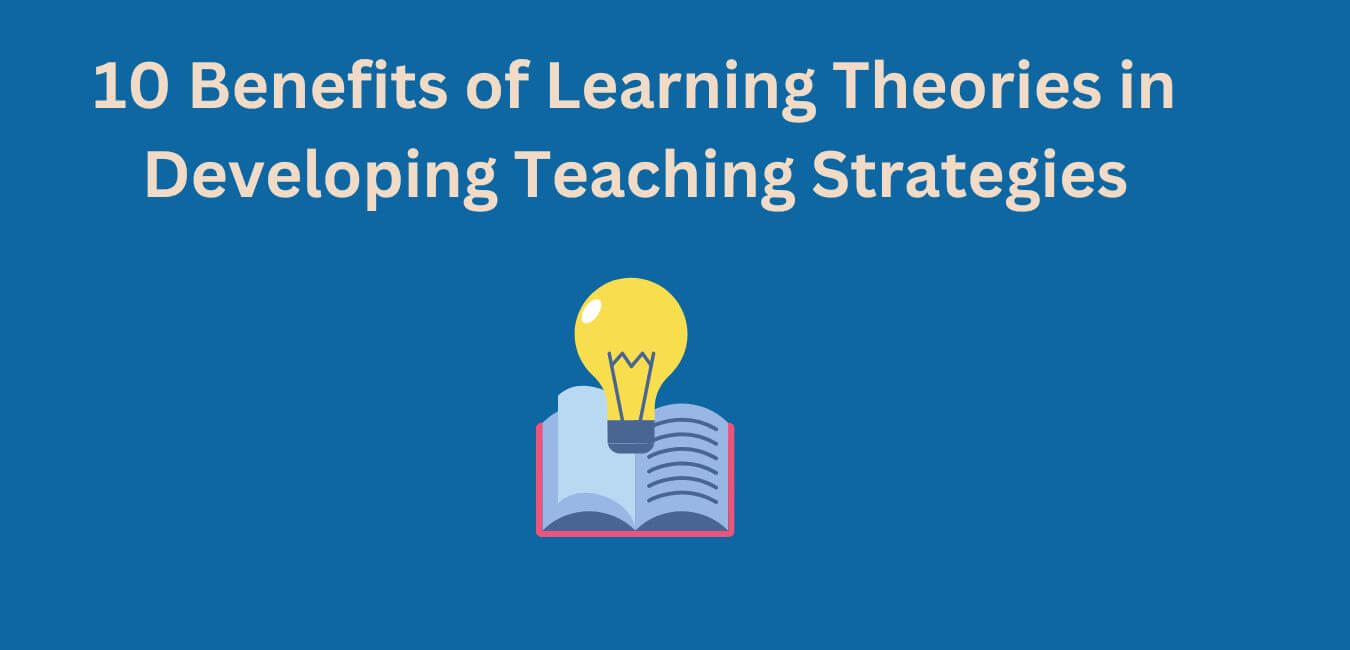
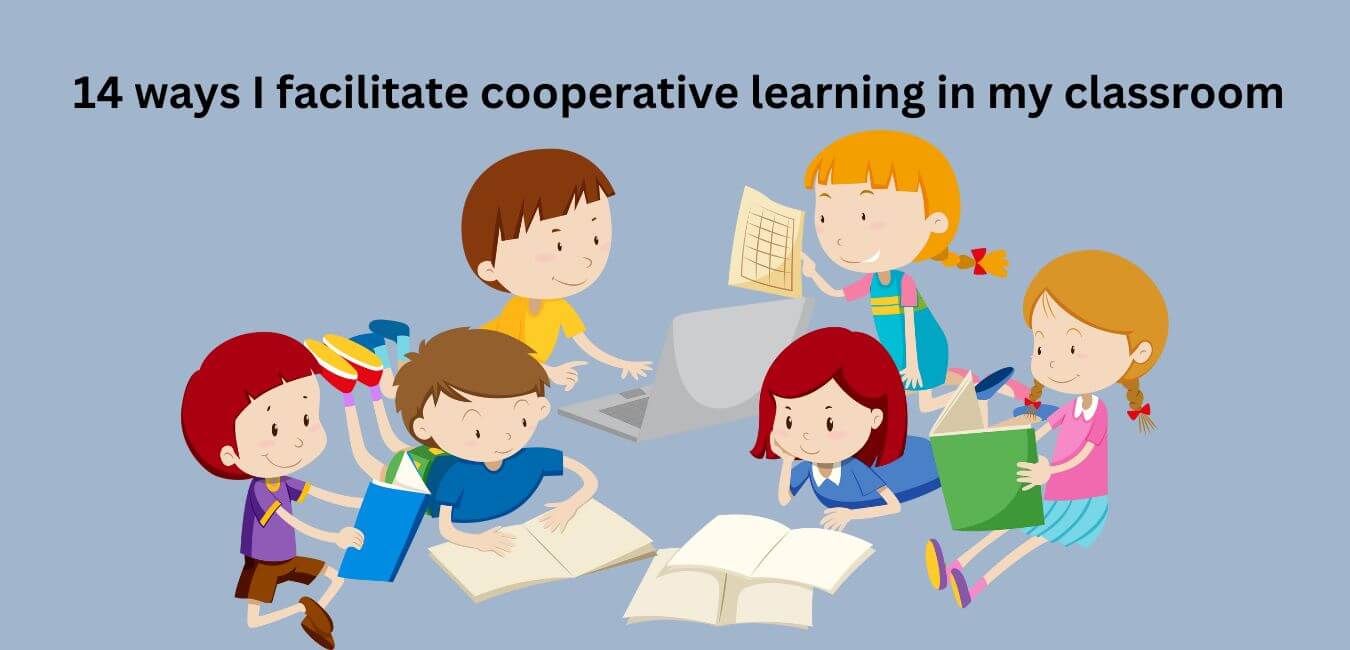
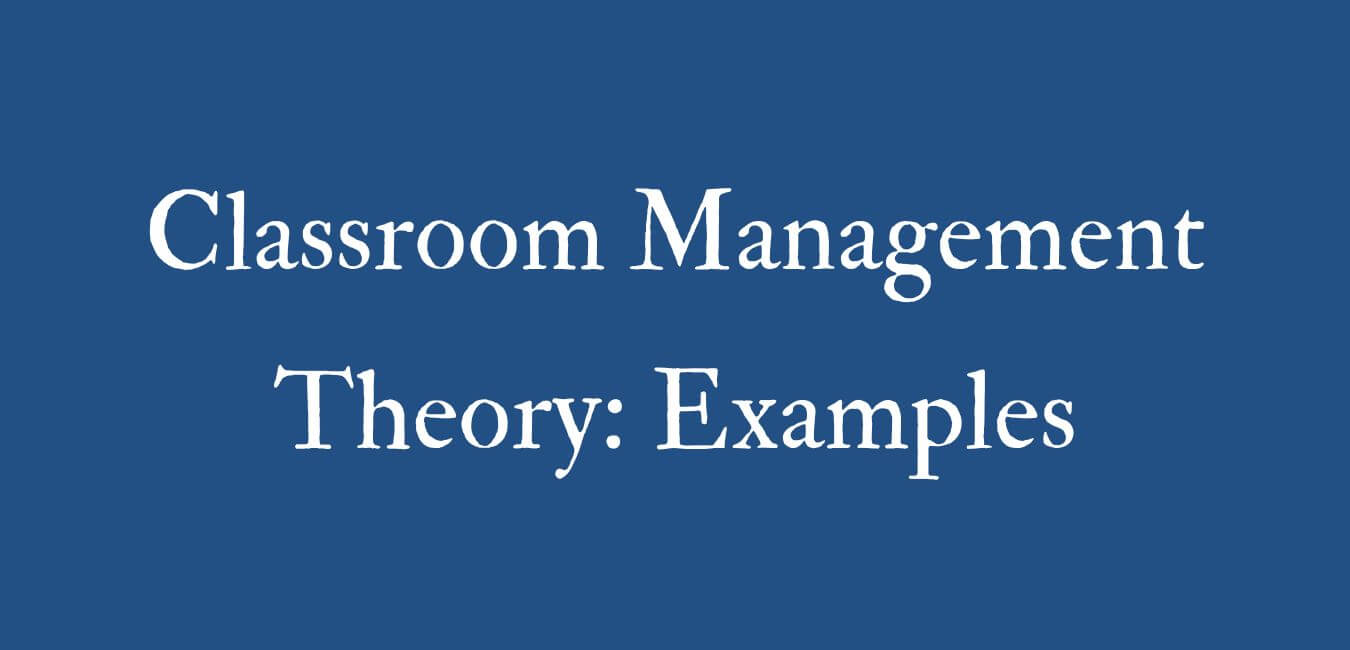
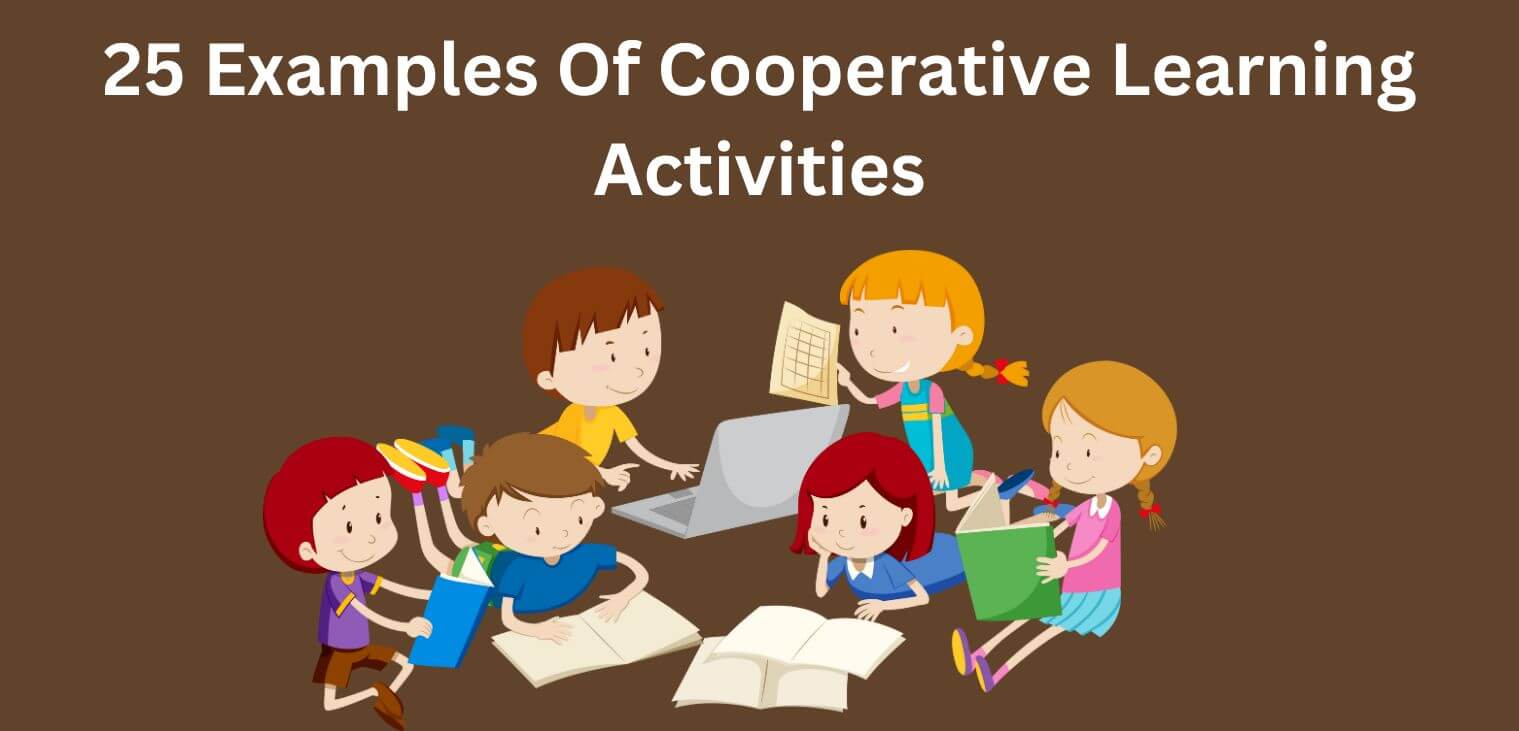
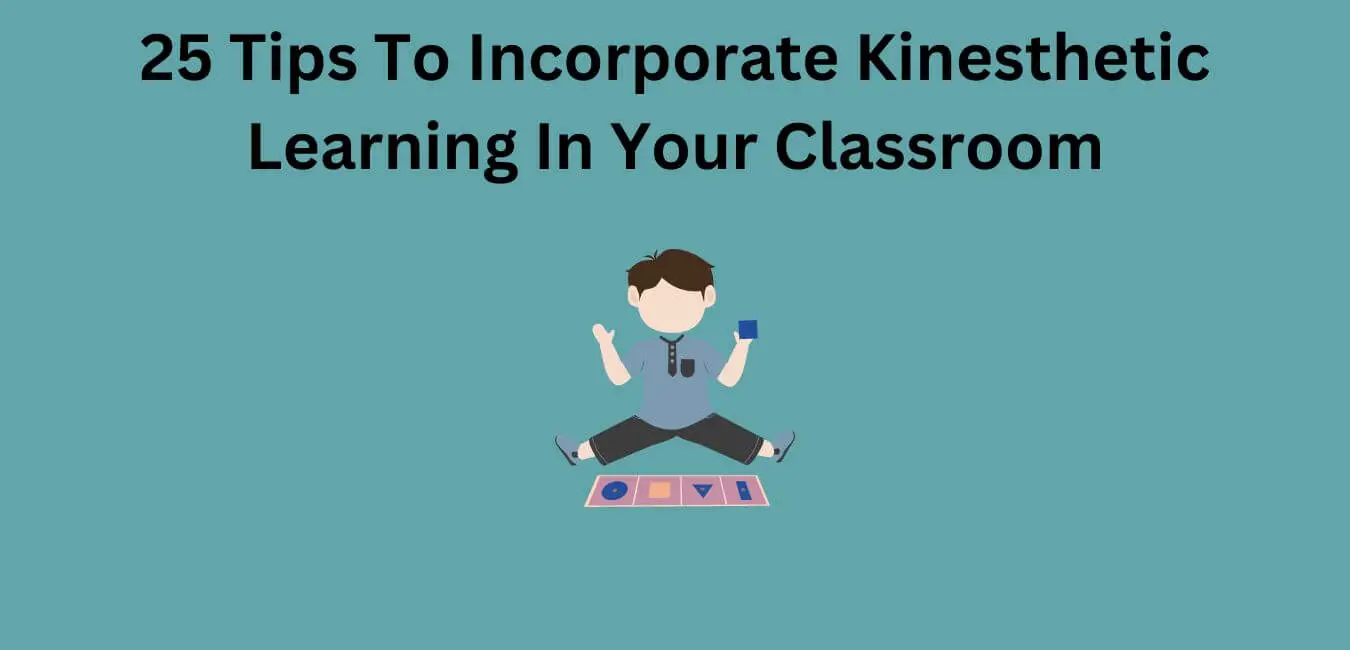
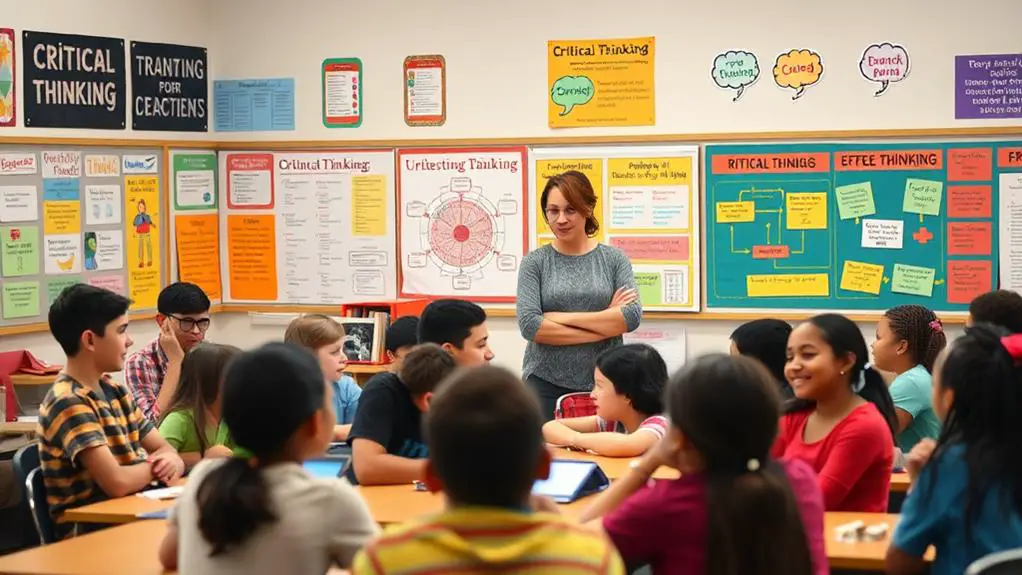
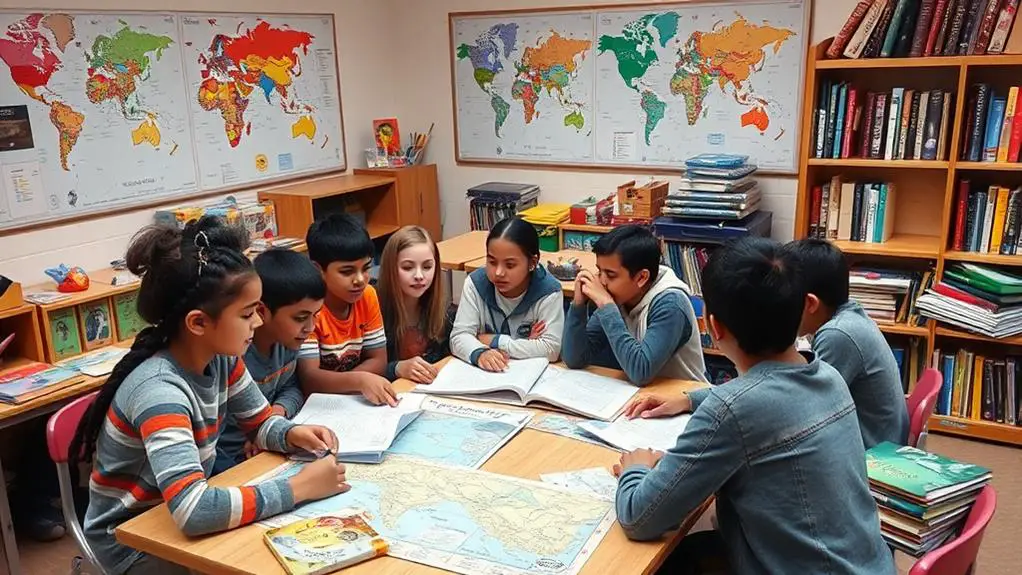
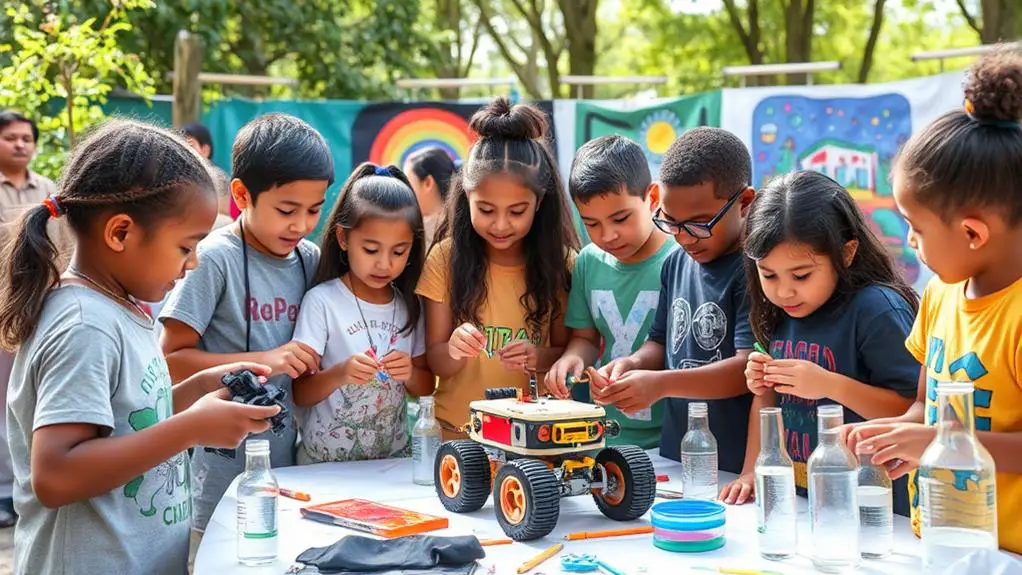



Leave a Reply